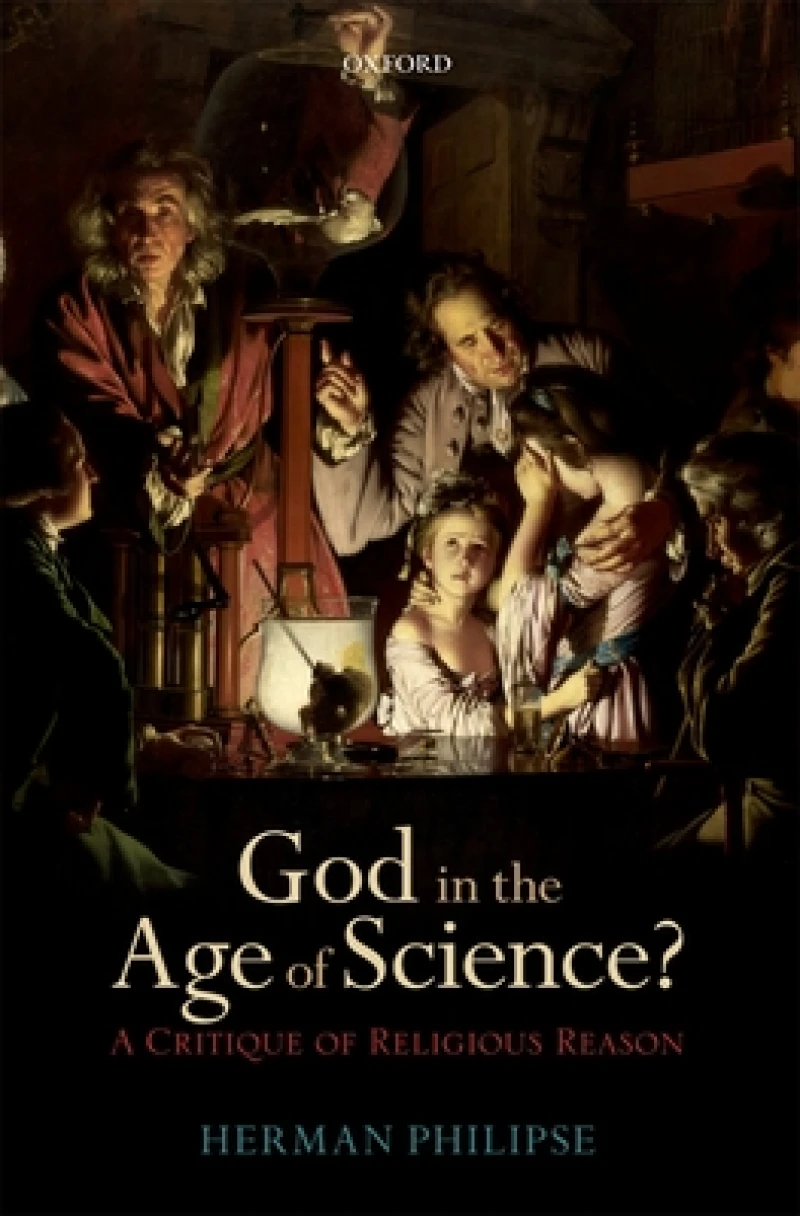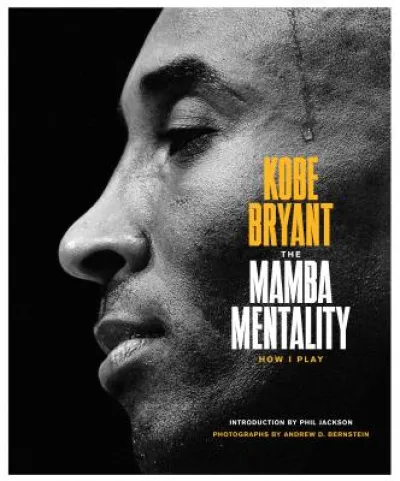God in the Age of Science? : A Critique of Religious Reason
Book Details
Format
Hardback or Cased Book
ISBN-10
0199697531
ISBN-13
9780199697533
Publisher
Oxford University Press
Imprint
Oxford University Press
Country of Manufacture
GB
Country of Publication
GB
Publication Date
Feb 23rd, 2012
Print length
392 Pages
Weight
730 grams
Dimensions
23.70 x 16.50 x 3.40 cms
Product Classification:
PhilosophyPhilosophy of religionNature & existence of GodTheology
Ksh 21,950.00
Manufactured on Demand
Delivery in 29 days
Delivery Location
Delivery fee: Select location
Delivery in 29 days
Secure
Quality
Fast
Herman Philipse puts forward a powerful new critique of belief in God. He examines the strategies that have been used for the philosophical defence of religious belief, and by careful reasoning casts doubt on the legitimacy of relying on faith instead of evidence, and on probabilistic arguments for the existence of God.
God in the Age of Science? is a critical examination of strategies for the philosophical defence of religious belief. The main options may be presented as the end nodes of a decision tree for religious believers. The faithful can interpret a creedal statement (e.g. ''God exists'') either as a truth claim, or otherwise. If it is a truth claim, they can either be warranted to endorse it without evidence, or not. Finally, if evidence is needed, should its evidential support be assessed by the same logical criteria that we use in evaluating evidence in science, or not? Each of these options has been defended by prominent analytic philosophers of religion.In part I Herman Philipse assesses these options and argues that the most promising for believers who want to be justified in accepting their creed in our scientific age is the Bayesian cumulative case strategy developed by Richard Swinburne. Parts II and III are devoted to an in-depth analysis of this case for theism. Using a ''strategy of subsidiary arguments'', Philipse concludes (1) that theism cannot be stated meaningfully; (2) that if theism were meaningful, it would have no predictive power concerning existing evidence, so that Bayesian arguments cannot get started; and (3) that if the Bayesian cumulative case strategy did work, one should conclude that atheism is more probable than theism. Philipse provides a careful, rigorous, and original critique of theism in the world today.
Get God in the Age of Science? by at the best price and quality guaranteed only at Werezi Africa's largest book ecommerce store. The book was published by Oxford University Press and it has pages.


